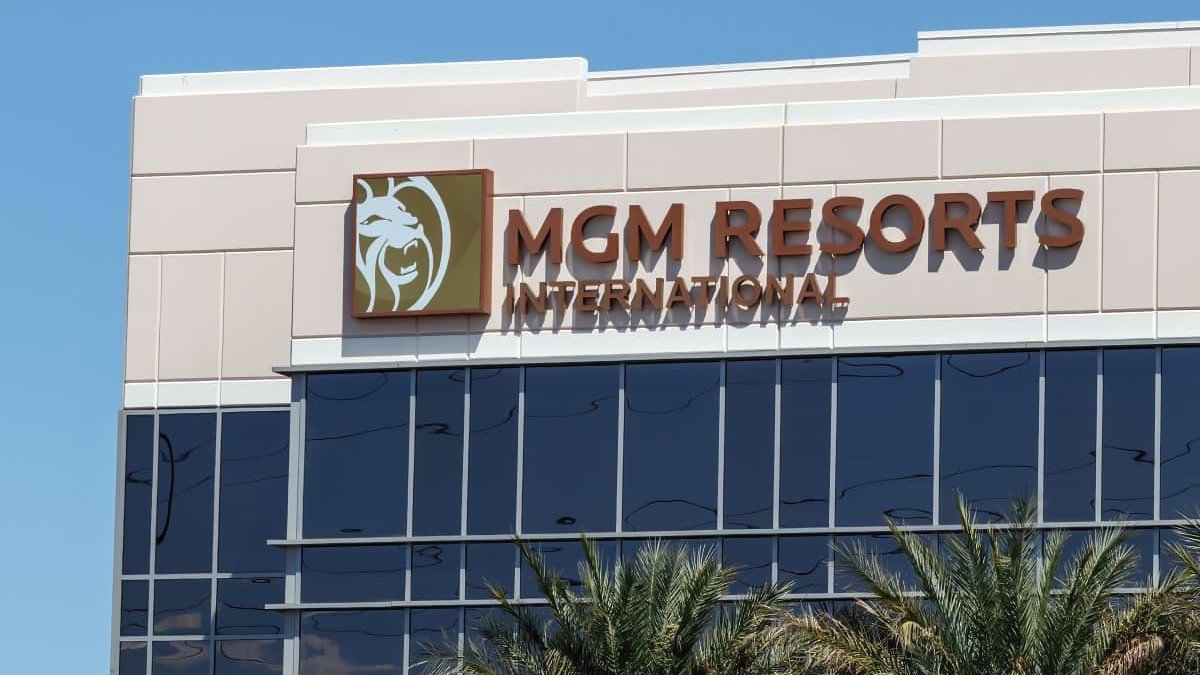Slotegrator issues updated guide and analysis to launch an online sportsbook in 2022

Slotegrator, a developer of solutions for the gambling business, has issued a new guide that breaks down the process for launching an online sportsbook and analyzes the utility of possible solutions.
The iGaming aggregator recognizes the dynamism of the iGaming industry, with a growing number of bettors who place bets on sports in bookmakers and earn on it, and entrepreneurs' incomes in the field of online betting also increasing. In 2021, Americans bet a record $57.22 billion on sports, up 165% from 2020, generating $4.29 billion in revenue, according to data cited by Slotegrator.
In Europe, sports betting accounts for more than 40% of the iGaming sector’s total revenue, and experts predict annual growth of 10% until 2025, the company notes. Sports betting also represents a large market in several emerging African jurisdictions, where legislation and infrastructure makes it more accessible than other kinds of gambling.
"The massive growth of the online betting market is due in part to the Covid-19 epidemic — the coronavirus outbreak has led to the restriction of the activities of land-based bookmakers — as well as the emergence of new markets. Modern entrepreneurs are leaning towards investing in the online sector, as it allows them to cover several markets at once. Some sportsbooks target countries where gambling is prohibited, but true, long-term success lies in going the legal route," Slotegrator explains. "Running a sportsbook requires a proactive approach. The services provided and markets targeted might remain fixed, but responsive, real-time odds and real-time marketing are also necessary. Some operators can handle the constant decision-making, but others turn to industry experts for effective solutions."
Slotegrator's online sportsbook guide
Preliminary stage — market selection and license acquisition
Regulated markets are jurisdictions where specific requirements for sportsbooks are dictated by law. These requirements vary from market to market and may include technical specifications, player protection measures, and marketing guidelines, among others. In regulated markets, the types of allowed bets and events may differ. For example, horse racing is often a government monopoly, even if sports betting is generally legal. It is also important to take into account the growing interest in non-traditional types of betting — e-sports, virtual sports — and the corresponding restrictions.
Unregulated markets are considered the “grey zone” of the gambling industry – countries that do not restrict online gambling, but do not have legislation dedicated to this industry. Thus, bookmakers retain the right to operate from the offshore territory.
Regulated markets require a local license, while unregulated markets do not restrict operators by law. On the other hand, the former are the most stable, while gray markets can be volatile — formal regulation or a ban on gambling can change the situation at any moment. Bettors residing in an unregulated area usually choose bookmakers with a license from a reputable jurisdiction (such as Malta, Gibraltar, Alderney, or the Isle of Man). This encourages operators to maintain high standards.
When choosing a market, it is important to consider its size, level of competition, and growth opportunities. For example, it is better for a novice operator to go to developing, less popular markets — this will avoid high costs for obtaining a license, high competition, and, accordingly, significant marketing costs. Attractive emerging markets include Africa and Latin America, while Europe offers many opportunities in eastern Europe or the Balkans.
Risk analysis and assessment
The amount of seed investment required to start a betting business varies depending on the chosen market — this determines the costs of the license and guarantees provided to the authorities. Similarly, market size and marketing budgets affect the amount of capital that will be necessary. Authorities will also require operators to have a certain amount of capital reserves on hand at all times to cover player winnings. The operator's risk of bonus abuse and player fraud also grows as more bettors join the platform.
Therefore, having chosen a market and purchased a license, the operator must anticipate financial risks and allocate a budget to cover them. In some jurisdictions, the amount is determined by law. This will help avoid initial hesitation and potential bankruptcy.
Sportsbook platform
When it comes to the software that will power their sportsbook, the operator can choose one of two vectors: develop their own platform or purchase a ready-made solution from a supplier.
To independently develop an effective platform, an entrepreneur must have enough experience in running an iGaming business to know the requirements for online gambling software. They need a full-fledged team of engineers, managers, analysts, marketers, and other specialists.
Due to the substantial investment of financial and human resources, serious degree of responsibility, and high level of risk, entrepreneurs often turn to suppliers of ready-made solutions.
Comprehensive solution
An experienced iGaming operator might be able to develop a betting platform on their own. The other option is to choose a complete solution from a reliable supplier.
Slotegrator offers several options for quickly and efficiently launching a business in the betting industry. Its jurisdictional advisory services helps clients choose a market and acquire the right license to operate, and the company's Sportegrator solution provides everything a high-functioning online sportsbooks needs. This is a turnkey solution for an online bookmaker with a wide range of sports database available for integration through a single API.
Sportegrator includes a functional back-end and a fully customizable front-end, an easy-to-use content management system, payment system integration, and CRM tools to help retain users. The solution gives access to real-time sports feeds and high-quality profitable odds compiled by industry experts using the latest mathematical models.














































